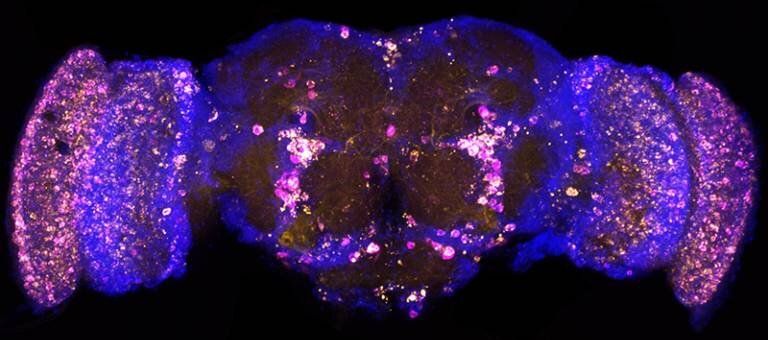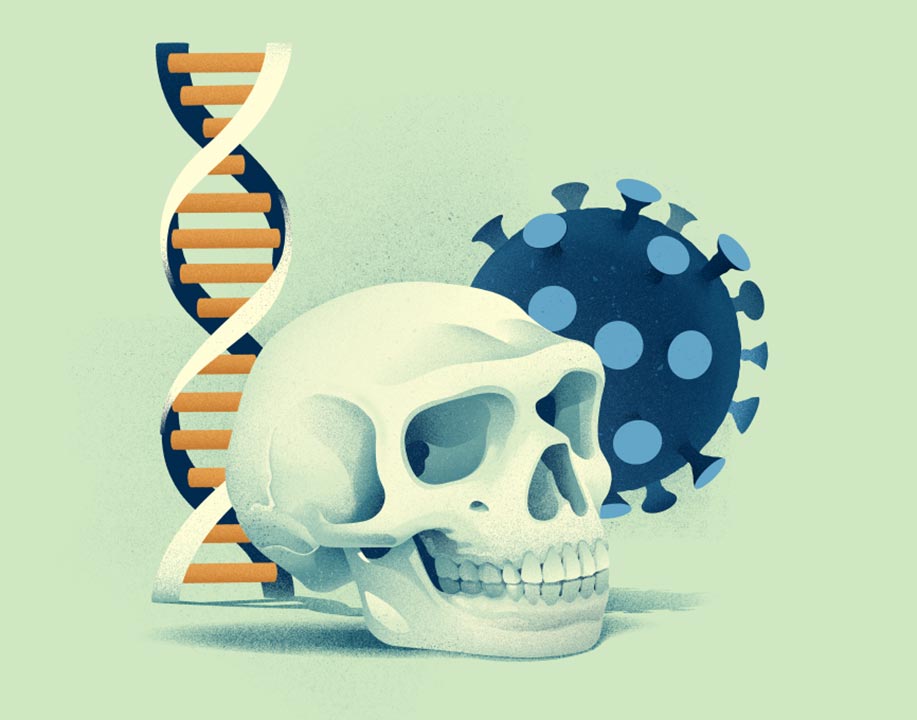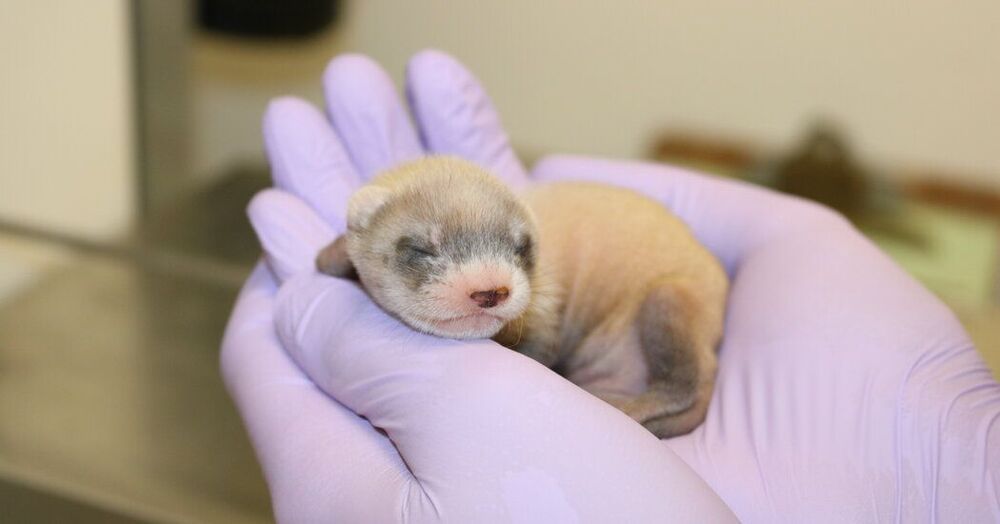Dr. John Torday, Ph.D. is an Investigator at The Lundquist Institute of Biomedical Innovation, a Professor of Pediatrics and Obstetrics/Gynecology, and Faculty, Evolutionary Medicine, at the David Geffen School of Medicine at UCLA, and Director of the Perinatal Research Training Program, the Guenther Laboratory for Cell-Molecular Biology, and Faculty in the Division of Neonatology, at Harbor-UCLA Medical Center.
Dr. Torday studies the cellular-molecular development of the lung and other visceral organs, and using the well-established principles of cell-cell communication as the basis for determining the patterns of physiologic development, his laboratory was the first to determine the complete repertoire of lung alveolar morphogenesis. This highly regulated structure offered the opportunity to trace the evolution of the lung from its unicellular origins forward, developmentally and phylogenetically. The lung is an algorithm for understanding the evolution of other physiologic properties, such as in the kidney, skin, liver, gut, and central nervous system. Such basic knowledge of the how and why of physiologic evolution is useful in the effective diagnosis and treatment of disease.
Dr. Torday received his undergraduate degree in Biology and English from Boston University, and his MSc and PhD in Experimental Medicine from McGill University, Montreal, Canada. He did a post-doctoral Fellowship in Reproductive Endocrinology at the University of Wisconsin-Madison, WI.
Dr. Torday’s research has led to the publication of more than 150 peer-reviewed articles and 350 abstracts. More recently, he has gained an interest in the evolutionary aspects of comparative physiology and development, leading to the publication of 12 peer-reviewed articles on the cellular origins of vertebrate physiology, culminating in the book Evolutionary Biology, Cell-Cell Communication and Complex Disease.
Dr. Torday is also the co-author / co-editor on several volumes including: Evolution, the Logic of Biology, Evidence-Based Evolutionary Medicine, Morphogenesis, Environmental Stress and Reverse Evolution, and most recently, The Singularity of Nature: A Convergence of Biology, Chemistry and Physics.




